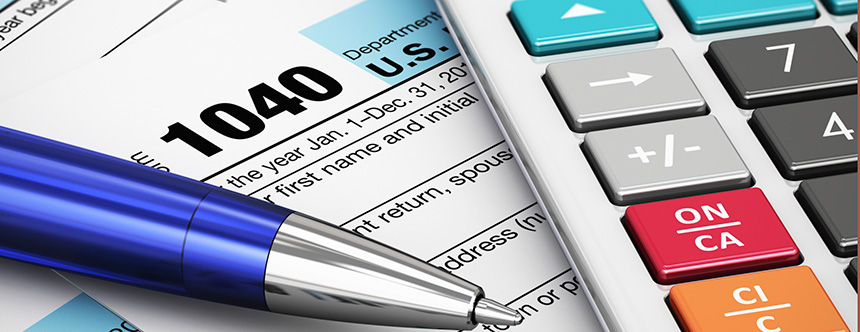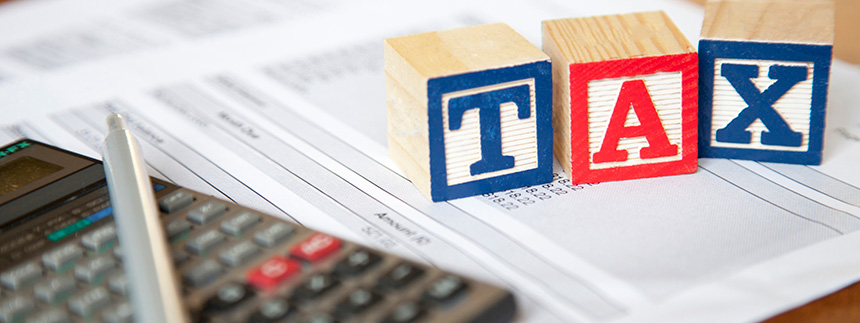How Can I Upgrade My Insurance — Tax-Free?
Responding to the changing needs of consumers, the life insurance industry has developed some alternatives that go much further in satisfying a variety of financial needs and objectives than some of the more traditional types of insurance and annuities. Advancements Modern contracts offer much more financial flexibility than traditional alternatives do. For example, universal life …










